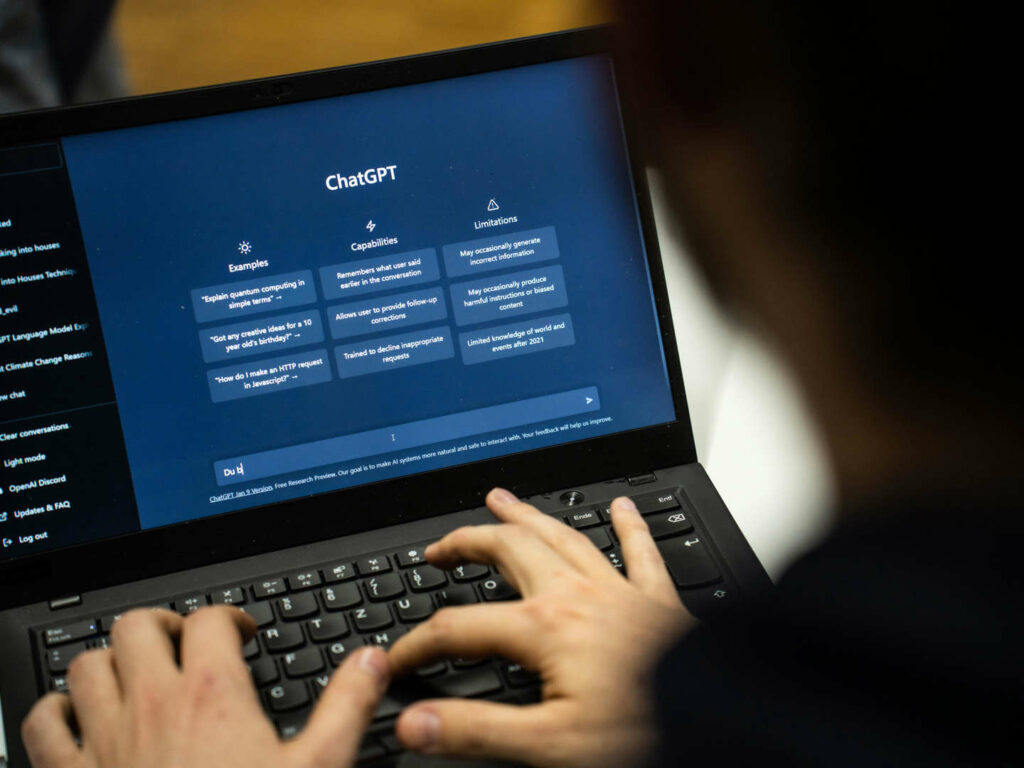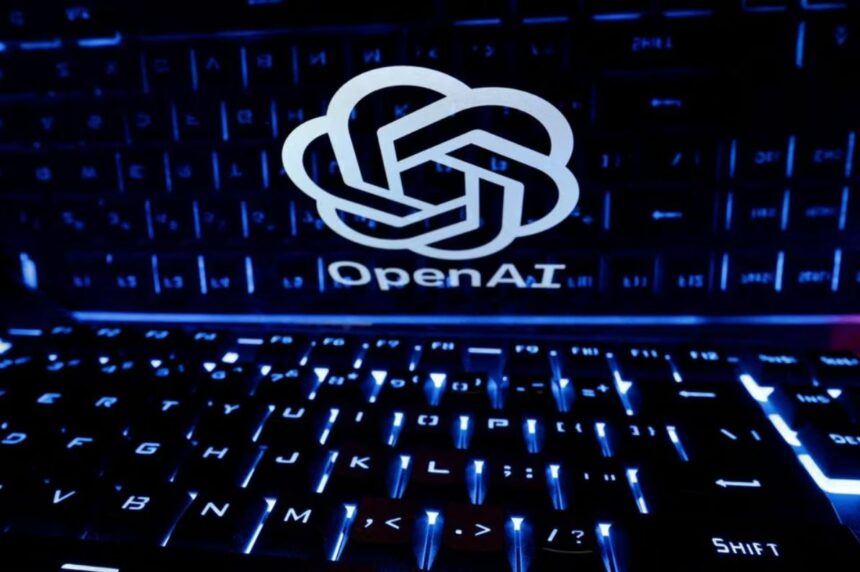In an exclusive report, it has been revealed that OpenAI, the organization behind ChatGPT, is considering the development of its own artificial intelligence (AI) chips. The move comes as OpenAI grapples with the shortage and high costs associated with AI chips, essential for powering its advanced AI models.

OpenAI’s CEO, Sam Altman, has expressed frustration over the scarcity of graphics processing units (GPUs), which are vital for AI applications and are predominantly supplied by Nvidia. The high demand and limited availability of these GPUs have driven up operational costs for OpenAI, with each ChatGPT query costing roughly 4 cents. The potential move to develop custom AI chips would place OpenAI among a select group of tech giants like Google and Amazon, who have opted to design their own chips to cater to their specific needs.
While OpenAI has not yet committed to developing its custom AI chips, the organization has explored various options, including building its own chips or collaborating more closely with chipmakers like Nvidia. An acquisition of an existing chip company could also expedite the process, a strategy previously employed by Amazon in 2015. However, developing custom AI chips is a significant undertaking that could entail substantial investments, possibly amounting to hundreds of millions of dollars annually.

Success is far from guaranteed, as the challenges in designing and producing efficient AI chips are formidable. Even if OpenAI proceeds with its plans, it will take several years before the custom chips become a reality, leaving the organization reliant on commercial chip providers like Nvidia and Advanced Micro Devices in the interim.
The demand for specialized AI chips has surged, particularly since the launch of ChatGPT, which relies heavily on these chips for its operations. Nvidia currently dominates the AI chip market, further emphasizing the need for OpenAI to explore alternative supply options. While OpenAI’s primary supporter, Microsoft, is reportedly developing its own custom AI chip, the organization is also testing it as a potential solution.
In a landscape where AI plays an increasingly pivotal role, OpenAI’s pursuit of its own AI chip development reflects the growing importance of controlling hardware resources to ensure the scalability and efficiency of AI systems. However, the road ahead is marked by challenges and uncertainties, making it a strategic gamble for OpenAI.








